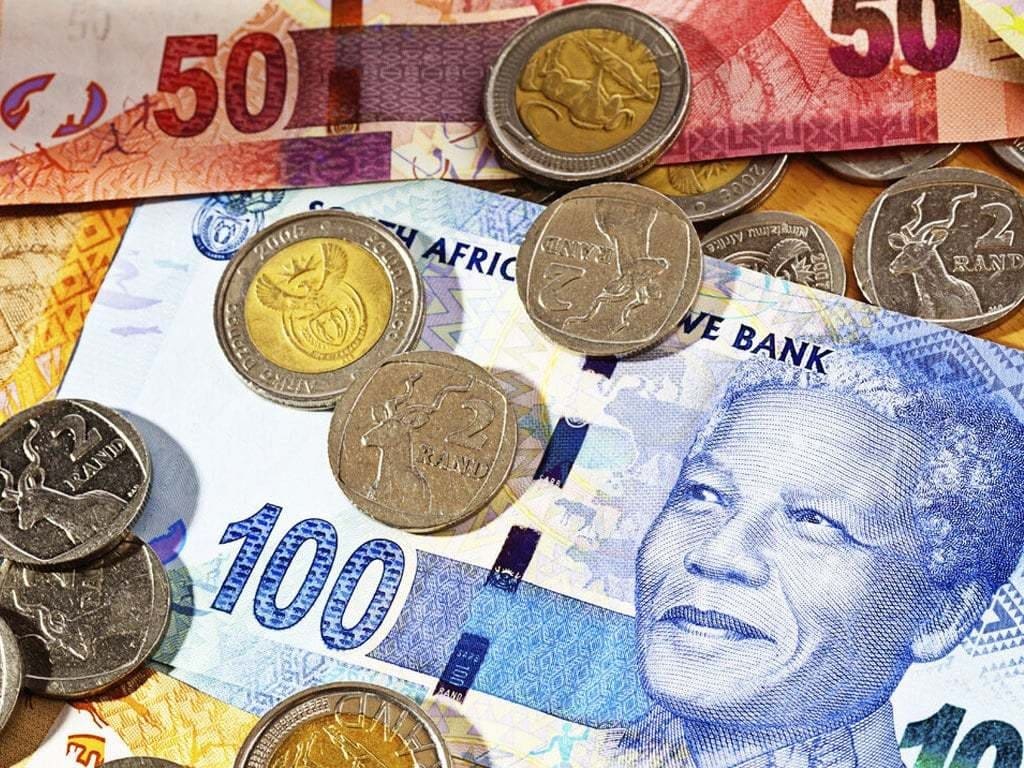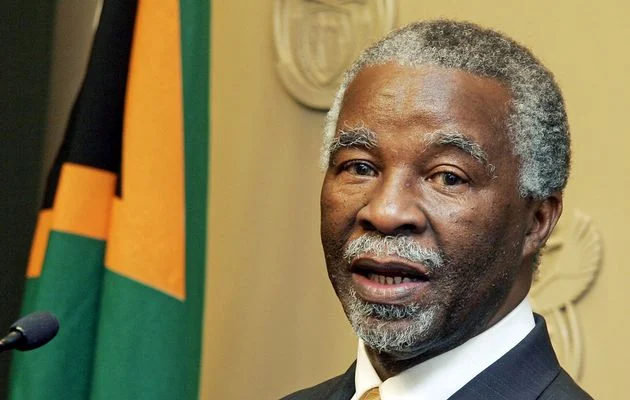The South African rand has faced renewed pressure against the US dollar, retracting from its recent low of R18.15/USD to approximately R18.70/USD. The currency’s fluctuations were spurred by cautious remarks from US Federal Reserve Chair Jerome Powell, triggering a surge in the dollar’s strength and undermining global risk sentiment.
Powell’s comments, emphasizing the persistent challenge of curbing inflation despite recent declines, contributed to the dollar’s ascent. He highlighted the Federal Reserve’s commitment to achieving the 2% inflation target, indicating a potential for further policy tightening if necessary.
Amid these developments, South Africa’s currency, which had been trending positively against the dollar, euro, and pound, experienced a reversal in its trajectory. The rand had been on a trajectory toward R18.00/USD, R19.50/EUR, and R22.50/GBP before Powell’s statements disrupted this progression.
Investec’s chief economist Annabel Bishop noted that while the rand’s earlier strength suggested a willingness among investors to embrace risk, it remains subject to fluctuations pending more clarity on the conclusion of US interest rate hikes.
However, the International Monetary Fund (IMF) issued a cautionary note, urging policymakers in both developed and emerging economies to maintain elevated interest rates until they are certain that inflation is under control. The IMF’s warning against premature relaxation on inflation underscores the potential repercussions of underestimating its enduring impact, potentially leading to a significant economic slowdown.
Bishop highlighted the rand’s continued vulnerability to market sentiment, foreseeing its fluctuations based on the ebb and flow of risk-taking behavior. Moreover, the Fed’s cautious approach aims to mitigate excessive enthusiasm among markets, corporations, and consumers, which could exert further upward pressure on inflation.
In the context of South Africa’s economic landscape, these global developments pose significant challenges. The rand’s volatility against major currencies can influence trade balances, inflation rates, and overall economic stability. Concerns persist regarding the country’s ability to navigate through these uncertain times, especially considering the delicate balance between encouraging market risk-taking and managing inflationary pressures.
Furthermore, as the world grapples with the complexities of post-pandemic recovery, South Africa, like many other emerging markets, faces the daunting task of aligning its monetary policies with global economic trends while safeguarding its domestic stability.
The implications of Powell’s statements resonate in the South African context, as they underscore the intricate interplay between global economic shifts and the country’s monetary resilience. Consequently, local authorities must tread cautiously, balancing the need for economic growth with the imperative of maintaining price stability.
In conclusion, the rand’s recent fluctuations mirror the broader uncertainties gripping global financial markets. South Africa’s economic trajectory remains closely intertwined with these developments, demanding astute policy responses to navigate the intricate challenges posed by the evolving global economic landscape.











































